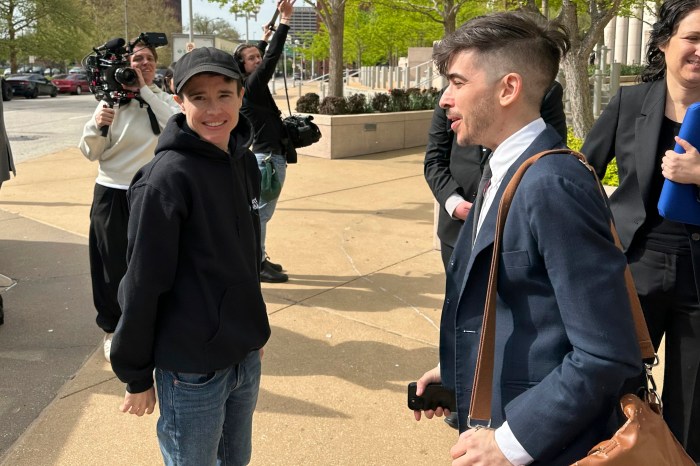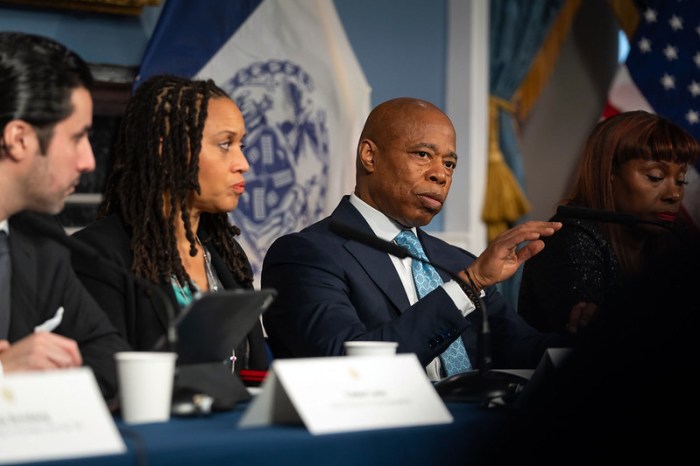BY ARTHUR S. LEONARD | The Equal Employment Opportunity Commission (EEOC), a federal civil rights agency, ruled on January 3 that an HIV-positive applicant to be a foreign service officer (FSO) has a right to a hearing on whether he is qualified, and that federal law may prevent the State Department from categorically refusing to hire such applicants.
Kyle Smith was conditionally offered an FSO appointment, pending a medical exam. When the State Department learned that he is HIV-positive, the offer was withdrawn, without any inquiry of him or his doctor regarding the specifics of his condition.
US civil rights agency says foreign service candidate may deserve post
The State Department has consistently taken the position that it should not have to hire new FSOs who are HIV-positive, no matter how well qualified they may be, because of concerns about the quality of medical care available in foreign postings. Given the substandard care available for HIV in more than half of the places assignments are made, the Department argues that a positive FSO would compromise its need to assign FSOs anywhere on a moment's notice.
Belying this position, however, the State Department has not automatically dismissed senior FSOs found to be HIV-positive, but instead has reportedly accommodated them with postings to countries with adequate health care.
Smith exhausted his civil rights claims within the State Department before turning to the EEOC, which has jurisdiction over the 1973 Rehabilitation Act, a precursor of the Americans With Disabilities Act that bars federal departments and agencies from discriminating against qualified individuals with disabilities. Many courts have held that HIV infection is a “disability” under the 1973 statute. Smith argued that he is qualified, and his doctor supported his case with the opinion that his HIV infection was well under control. Even if posted to a country without adequate health care, Smith could function so long as he was able to travel elsewhere at six-month intervals for monitoring.
Initially, an administrative judge granted the State Department's motion to dismiss Smith's claim without a hearing, based on a ruling from the US District Court in Washington that upheld the government's position in a similar case. On appeal, though, the EEOC's Office of Federal Operations (OFO) sided with Smith on his right to a hearing.
According to the January 3 decision, signed by the OFO's director, Carlton M. Hadden, the Rehabilitation Act does not allow for such categorical rules. The federal employer is required to undertake an individualized assessment of the qualifications of an applicant with a disability. Quoting extensively from the doctor's testimony, Hadden found that a hearing must resolve factual questions regarding Smith's ability to take on a posting in a locale without adequate medical care. He also said there are factual questions about the State Department's need to be able to assign new FSOs anywhere in the world without taking provision for medical accommodation, given its policy concerning senior FSOs found to be HIV-positive when already in the foreign service.
Hadden also noted that the US Court of Appeals for the District of Columbia Circuit had reversed the earlier district court precedent relied on in rejecting Smith's right to a hearing.
Gay rights advocates within the State Department have been trying to focus Secretary of State Condoleezza Rice's attention on this employment discrimination issue for some time. Perhaps the combination of the new EEOC ruling and the appellate reversal in the earlier case will put the matter more squarely before her, given that the department's policy was developed long before HIV infection became a more manageable chronic condition.

































